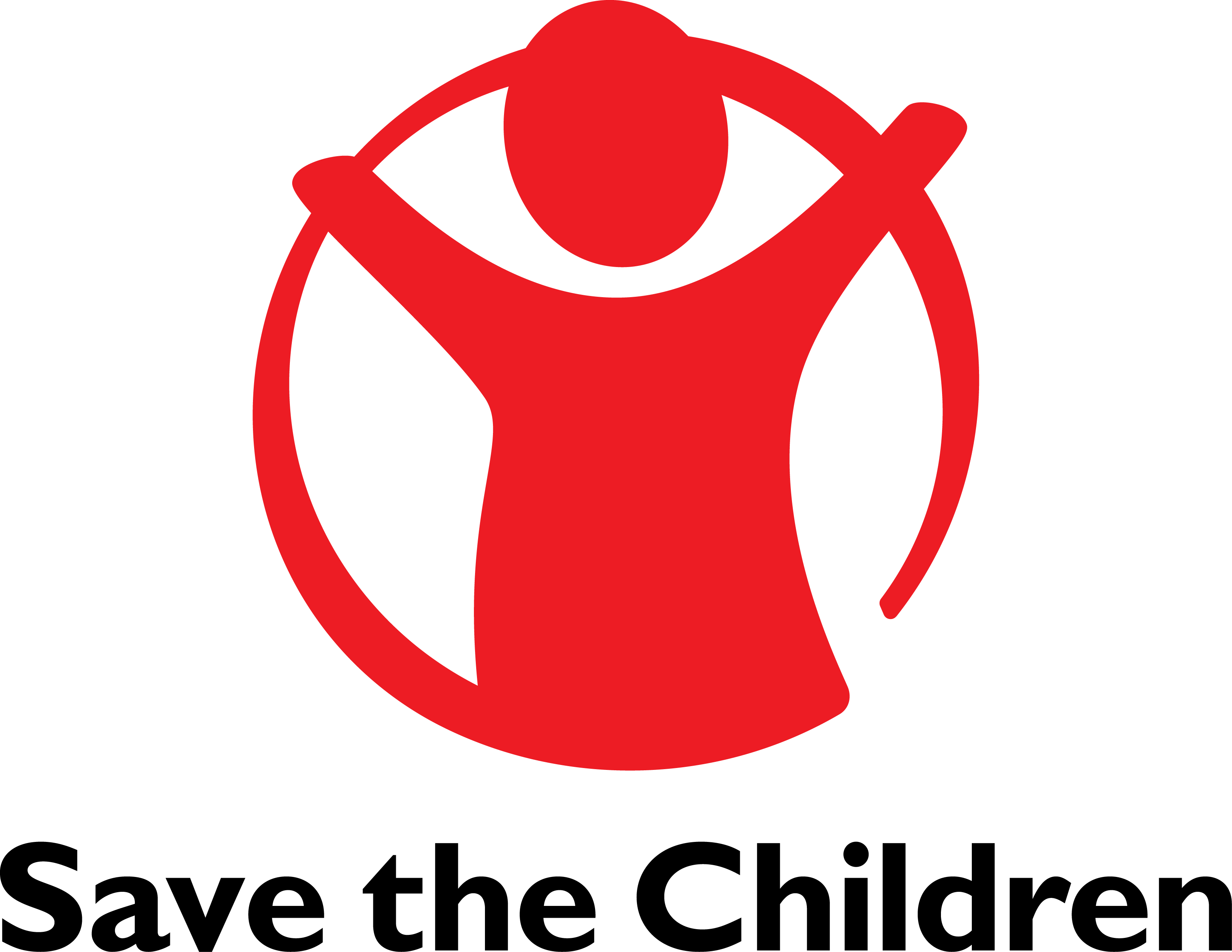News
Health Financing: 34 States in Nigeria fall short of the 15% benchmark for African countries – ONE Campaign

Despite different healthcare challenges ravaging the country today, the Federal and several state governments in Nigeria has continued to fall short of the 15 percent continental health funding benchmark for African countries.
This was revealed in a new health report released today by The ONE Campaign and made available to CAPITAL POST in Abuja.

The report is titled “Post-Pandemic Health Financing by State Governments in Nigeria 2020 to 2022”.
ONE Campaign stated that the health report provides an in-depth analysis of sub-national and federal government health expenditure trends, revealing that while the combined budgetary allocations of all 36 states increased by 12.8 percent between 2020 and 2022, in real terms, the health sector received less funding in 2022 than in 2020 when adjusted for inflation.
According to them, the report also reveals that the proportion of total budgets allocated to health by most state governments is on a downward trend, reflecting the quality of healthcare delivery in the country.
In 2001, the heads of state of African Union countries met in Abuja and pledged to devote at least 15% of their annual budgets to improving the health sector. But two decades after the Abuja Declaration, Nigeria still struggles to meet this goal.
The COVID-19 pandemic also revealed the challenges in Nigeria’s healthcare system, with stakeholders and many Nigerians hoping it would be the game-changer that finally motivates governments at all levels to prioritize healthcare, commit more funds to revitalize the sector, drive improved health outcomes and protect the masses from future health emergencies.
The report’s findings, however, show a deviation from this expectation, with more than ten state governments in Nigeria reducing their fiscal allocations to healthcare since the pandemic hit in 2020, putting a strain on an already-stressed sector.
The report indicates that:
● Despite the realities of the COVID-19 pandemic, Nigeria’s health budget as a percentage of the total budget is declining
● 13 States have reduced their fiscal allocations to the health sector
● Only two states (Kaduna and Sokoto) consistently met the 15% health allocation target between 2020 and 2022.
● Public health allocations per person have fallen from $10.8 per person in 2020 to $8.5 per person in 2022
Stanley Achonu, Nigeria Country Director at The ONE Campaign, said: “Nigeria’s health indicators are reportedly some of the worst in Africa. COVID-19 has exposed additional gaps in the country’s healthcare system and has shown why the sector requires ambitious strategies and adequate funding in order to serve the masses, particularly the poor and most vulnerable in the society.
“It is, therefore, extremely worrisome that some state governments are slashing their annual allocations to health when they should be striving to meet the Abuja Declaration’s 15 percent funding benchmark. As the 2023 budget season approaches, governments at all levels must prioritize health care and allocate a significant portion of their budget to improving healthcare delivery. Adequate disbursements should follow these allocations to finance health infrastructure and programs.”
The report urges governments to demonstrate strong political will and commitment to the Abuja Declaration by allocating at least 15% of their total budget to health.
In addition, governments must commit to evidence-based programming, ensure effective stakeholder participation in budgeting processes, invest in primary health care centers, and complement adequate funding with sufficient health workers and effective health system governance.

























